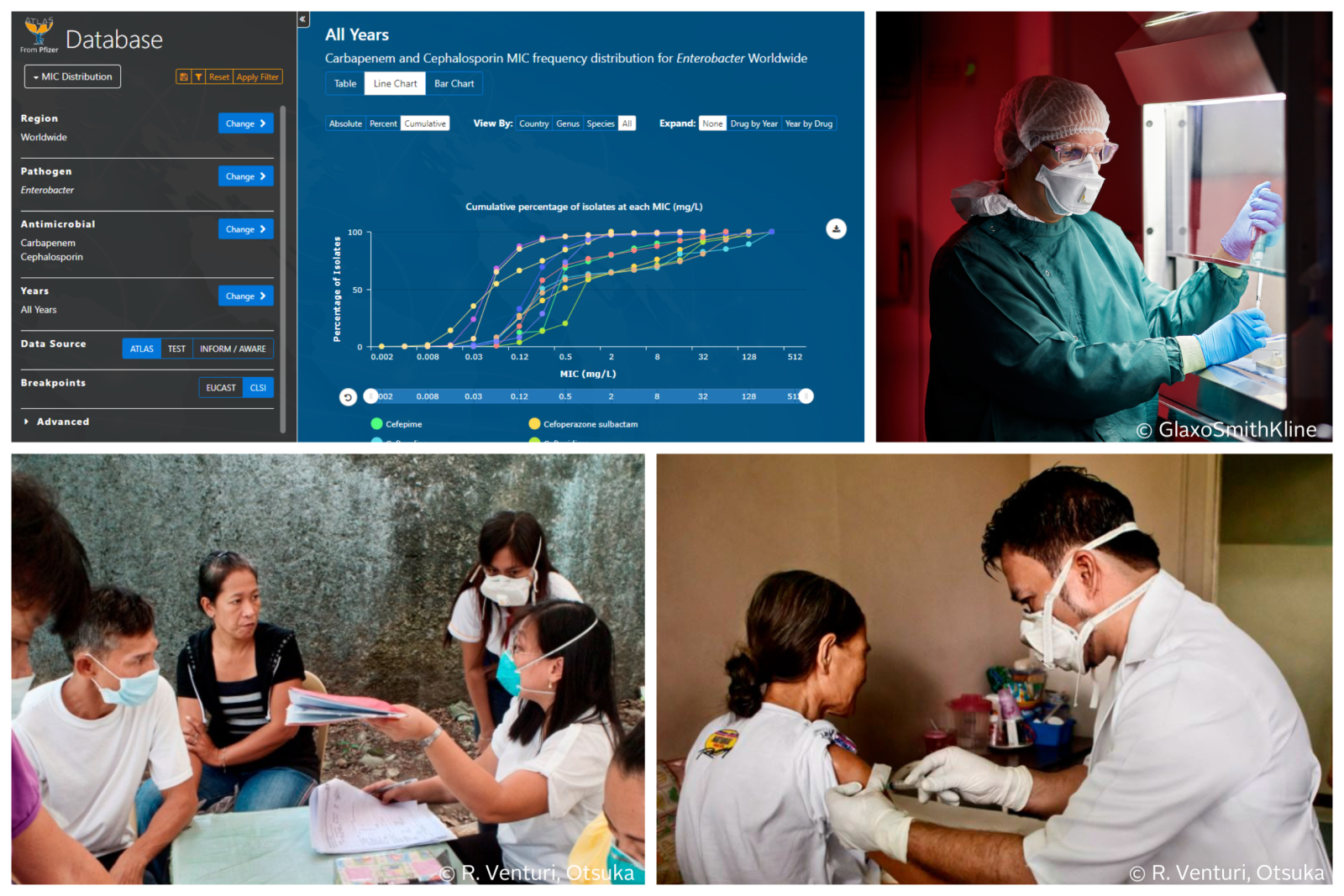New online: Foundation publishes best practices from AMR Benchmark
Q: How does the Foundation identify a “best practice”?
Jayasree: The first AMR Benchmark provided us with an initial baseline of how pharma companies are addressing AMR. Now two years on, we have found evidence of best practices. And these are real, feasible practices that other companies can use to redefine their own AMR strategies and activities. What we looked for is those policies, strategies, programmes, or behaviours that most closely match with society’s expectations of action by pharmaceutical companies across our 19 metrics.
Q: What do best practices in AMR look like in 2020?
Jayasree: We found 11 practices that met our standard, most of which are being carried out by more than one company. They span a range of areas where companies have the biggest potential and responsibility to limit AMR. These include R&D for novel antibiotics, registering products in countries where need is highest, responsible promotion to mitigate against overselling, and tracking the spread of resistance. A total of 16 out of 30 companies are carrying out one or more of these best practices.

Q: Why does the Foundation identify best practices?
Jayasree: At the Access to Medicine Foundation, we identify and share evidence of best practices as a means of accelerating their uptake by other pharmaceutical companies. For example, at our most recent workshop, we brought together senior market access and pricing leads as well as global health directors from pharmaceutical companies with independent experts from the investor and global health communities. The goal was to identify which factors are key for ensuring new products reach more patients and are widely accessible and affordable.
Find out more
The best practices form part of the 2020 AMR Benchmark, which covers the 30 most active players in antimicrobial R&D and manufacturing. This includes large R&D-based companies, small & medium-sized enterprises and generic medicine manufacturers. These 30 companies have been assessed by the Foundation against 19 metrics spanning R&D, responsible manufacturing and appropriate access and stewardship. The 2020 AMR Benchmark was launched during an Affiliated Session of the 2020 WEF Annual Meeting, opened by Bruno Bruins, Minister of Medical Care for the Netherlands, and moderated by Professor Dame Sally Davies, UK Special Envoy on AMR and co-convener of the UN Interagency Coordination Group on AMR.
Planning for access to future antibiotics while ensuring responsible use
Most on-patent products filed for registration where need is highest
Most off-patent products filed for registration where need is highest
Most widely filed vaccine and medicine for registration where need is highest
Avoiding use of sales agents to mitigate against overselling
About the Antimicrobial Resistance Benchmark
The Access to Medicine Foundation, which publishes the AMR Benchmark, is an independent non-profit organisation based in the Netherlands. It aims to advance access to medicine in low- and middle-income countries by stimulating and guiding the pharmaceutical industry to play a greater role in improving access to medicine. The 2020 AMR Benchmark covers 19 indicators across three areas of measurement: Research & Development; Responsible Manufacturing; and Appropriate Access & Stewardship. The AMR Benchmark methodology is defined through a targeted review of stakeholder expectations of pharma in limiting antimicrobial resistance, with input from international organisations, governments, NGOs, research centres and other initiatives addressing AMR. The AMR Benchmark is funded by UK AID and the Netherlands Ministry of Health, Welfare and Sport.